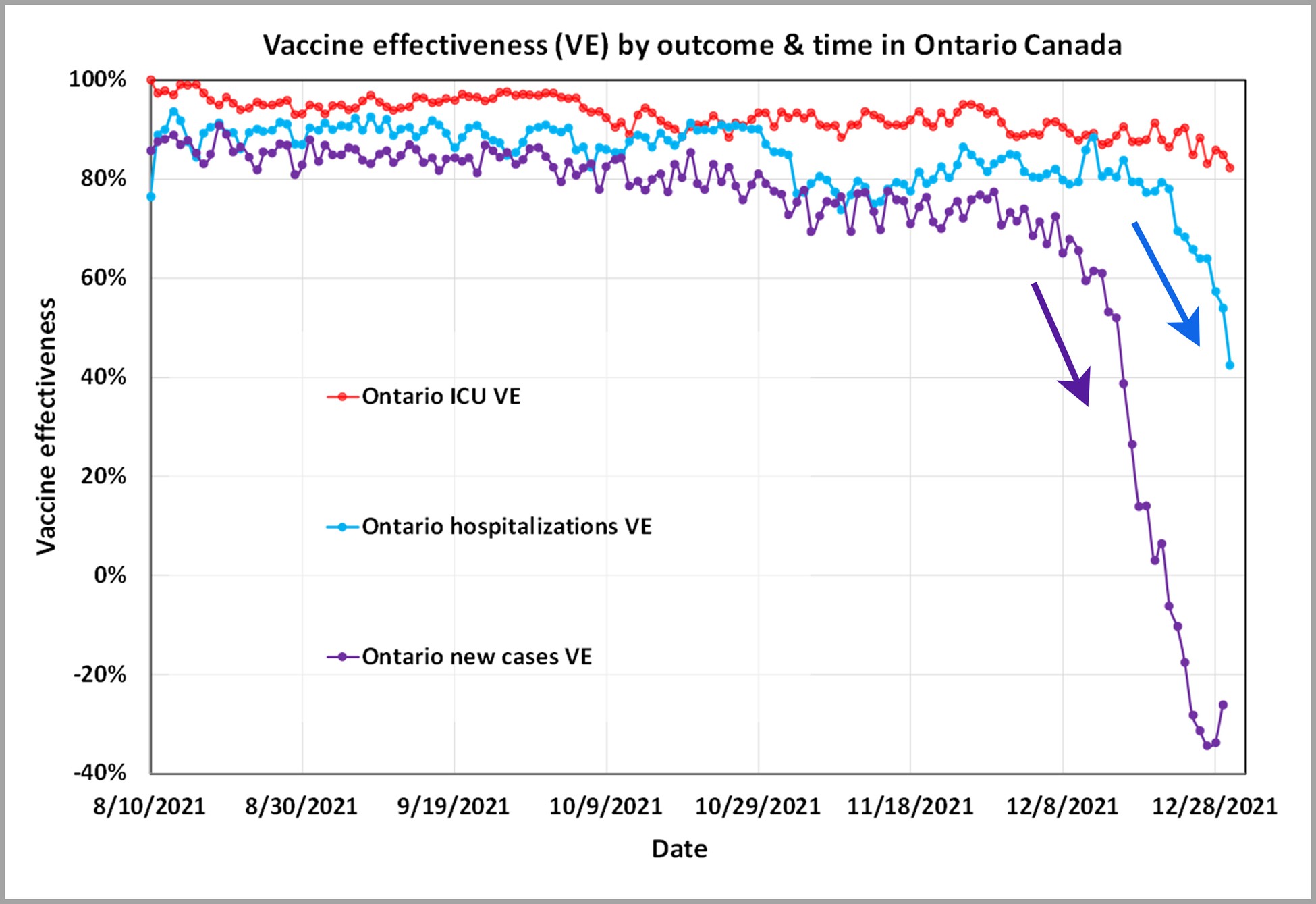There are two sides to every coin, or so the proverb goes. It is a piece of wisdom well worth remembering. However, as all proverbs go, it is only a piece of wisdom, and is not an irrefutable truth.
On rare occasions, there may be only one side, and in a multitude of others, there are more than two sides. The world is complicated, and the more complicated it gets, the greater the desire to see just one side of the coin.
As we step into the new year, we might do ourselves and the world a service by looking for more than two sides. We might want to consider that there could be a third side to the coin.
How do we do this? Some examples may help.
Hate crimes and freedom
In this article back in June, Bill C-36: hate, truth, and the return of the tribunal, we spoke about the now dormant Bill C-36 on hate crimes. The idea of the bill was to protect victims of hate crimes, particularly online. On one side of the coin, this is a laudable idea, while on the other the bill was fraught with risks regarding freedom of expression. In evaluating such a piece of proposed legislation, one must look at it from every possible angle, and consider every potential consequence – intended and unintended.
This is an issue that requires calm, because both sides of this issue have validity. Analysing the issue requires a careful, objective approach. Respecting the argument of both sides is a good starting point, should the bill be reintroduced, and it is a suitable place to begin our examples.
But what is the third side of the coin?
Visiting the place beyond the two-sided coin is to behave in a way where strict laws are not required. On the third side of the coin, it is important both to speak and listen with a sense of trust and compassion, rather than distrust and hate.
Vaccine effectiveness and mandates
BIG Media has published numerous articles examining vaccine effectiveness (VE). In our latest article of Dec. 30 As Omicron cases surge, impact on health care systems is difficult to predict, we showed that the VE to new cases has plummeted to negative values, while the VE to hospitalization began its decline after a lag of one to two weeks.

On one side of the coin, some might say that the vaccines are useless; on the other that they are so essential, they should be forced on everyone through mandates.
The third side of the coin is harder to find on this issue because there are yet more points to consider.
It is fair to say that virtually everyone – vaccinated and unvaccinated alike – has grown weary of COVID and its restrictions. As we discussed in this article Mounting COVID frustration is no reason to abandon fundamental principles, the idea of coercing someone into undertaking a medical procedure such as vaccination has serious ethical ramifications. The mandates have succeeded in influencing some individuals to vaccinate, but they may also have increased the level of polarization and distrust on this issue. For this reason, the next pandemic may be much harder to manage.
We believe that the third side of this coin is constructed from objective truth and the freedom to evaluate it. That is why we have examined the objective benefits and limitations of vaccinating, while attempting to lay out an understanding of adverse events following vaccination – Vaccine effectiveness and adverse events – what we have learned. Ultimately, the decision to vaccinate or not should not come from being forced, or from becoming angry and mistrustful of the government; it should be a rational decision, as we discussed in Prisoner’s dilemma and vaccination.
Falling to one side through substitution
In the article Nudge and the uneasy pursuit of context and objectivity, we addressed nudges and cognitive biases. An important bias we did not discuss is substitution, where people tend to replace a difficult problem with a similar sounding but much simpler problem.[1]
Substitution can cause two problems:
1) An erroneous conclusion.
2) By focusing on a false telling or oversimplification of the real problem, we avoid facing and resolving the true issues.
This cognitive tendency has come into play in our management of COVID. When the Delta variant’s effect on vaccine effectiveness against new cases was first understood this summer, it became apparent that COVID would be around for a significant period. COVID would become a long-term management problem, as reported in Predicting vaccination rates and outcomes for the Delta variant.
Unfortunately, COVID was not treated this way. An error of substitution was made.
It was argued that getting vaccinated will end the pandemic.[2]Given vaccine effectiveness against severe outcomes, vaccination may indeed help lower the strain on the health care system. This is important on its own, but there are many variables at play. Nevertheless, this simple argument was made, with the CDC director coining the situation in July as the “Pandemic of the unvaccinated.”[3]This quote had an element of truth at the time, but may have been unproductive. In the current Omicron wave, some newsmakers are calling it a “Pandemic of the vaccinated,” which is also partly true and equally unproductive.[4]
Both sides of this coin are unhelpful.
Vaccination may still help with severe outcomes, but by suggesting that the problem of vaccinating is the same as the problem of solving COVID was a substitution that encouraged further avoidance of the long-term aspect of the disease. It also eroded public trust.
On the flip side of the coin, it is just as misleading to suggest that vaccination does not help against severe cases, or that the mathematics of high vaccination rates and breakthrough infections would not inevitably lead to a day when most new cases would be amongst the vaccinated.
Each of these oversimplifications is unhelpful.
It would bet better to simply say that an action may help, rather than overselling it. The third side of the coin is a fair and realistic description of the problem.
Falling to another side due to ego depletion
One of the factors that is likely to contribute to entrenchment on an issue is something psychologist and economist Daniel Kahneman called “ego depletion.” This is a phenomenon that occurs when individuals spend all mental effort dealing with a problem. Eventually, they become exhausted, and give in to quick, prejudicial reactions – sometimes anger.[5]
COVID has gone on long enough that our egos may well be depleted.
An honest and positive mindset may be helpful in times like this, as discussed in the article When failure is not failure: the rationality of positivity amid catastrophe, in which we discussed a phenomenon called positive effect. By dealing with the world positively, there is a statistical tendency toward success.
Not the middle ground fallacy
Looking for a third side to the coin is not necessarily the same as compromising. Compromise is not necessarily a good thing (it even has a name: the middle ground fallacy), as we laid out in this article on critical thinking BREAKING NEWS … into rational pieces. However, we will not truly understand a problem if we do not look at it from every side.
See through every lens
In understanding complex issues, it is often useful to look through various lenses. In this article on the million-dollar Women in Cleantech (WIC) Challenge Examining the gender lens and the Women in Cleantech Challenge, we peered through the gender lens and the relative lack of women in science, technology, engineering, and mathematics (STEM) careers. The winner of the WIC Contest, Amanda Hall of Summit Nanotech, was announced in this article Summit CEO Hall awarded $1-million cleantech challenge prize. It could be argued that women are not the only under-represented group in STEM. While the story Examining the gender lens and the Women in Cleantech Challenge showed that women tend to be paid less and retained less often in STEM careers, other minorities have fared similarly poorly in these fields, through similar metrics.[6]A new lens may need to be considered for these groups. Or several new lenses.
On the other side of the coin, some may argue that merit alone should be the focus, not gender or ethnicity. It is an interesting dilemma, because despite the foundational wisdom of merit, the outcome has not always been fair or entirely merit based.
Viewing through a lens is only the beginning. To stay with just one lens is problematic. It could invite prejudice and injustice, even to those it purports to support. We must widen our perspectives if we wish to make the most of all the world’s diverse talent and enthusiasm for science.
To solely view the WIC Challenge, Summit, Amanda Hall, and her lithium extraction inventions, or the other contestants through the gender lens would do them a disservice. The contest may have emerged as a social and technical endeavour through the gender lens, but the contestants exceeded this lens through their ingenuity. They performed well through every lens, not just the gender lens, and they are far more than representatives of their gender; they are representatives of humanity and of the power of science.
The long-term goal – to see beyond lenses
A long-term goal of such lenses must be to dismantle or mitigate the sources of bias against women or other underrepresented groups in STEM. We should produce a system and culture wherein both obstacles and incentives can be removed, where focus can be purely placed on merit. In the meantime, however, there is an argument to be made to try to actively attract groups that have been excluded or dissuaded from participating in these fields, and try to ameliorate – even if imperfectly – a system that has not worked in their favour. The WIC Challenge is a case in point as it appears to have supported numerous worthwhile entrepreneurs.
The third side of the coin and the third hand of fate
A new year is upon us. It will bring new challenges and opportunities. Unforeseen events will occur, some of them causal and some of them coincidental. It is incumbent upon us to deal with what comes as positively and productively as we can. We called this – the conscious effect of our choices and attitudes – the third hand of fate in the article The third hand of fate. The third side of the coin and the third hand of fate have something in common. They both involve an active effort to find the best perspective on a situation.
Such an effort may be especially challenging when we are frustrated and want an easy answer. But when we are frustrated and/or tired, we must try harder. This is when we take a deep breath, find our calm place, and look to find the third side of the coin … by balancing it on its side, without spinning it.
References
[1] Kahneman, Daniel, 2011, Thinking, Fast and Slow: Farrar, Straus and Giroux
[2] Bostock, Bill, December 24, 2021, Biden admin abandoned work on a mass COVID-19 testing plan because it thought it could vaccine its way out of the pandemic, report says, Business Insider
[3] Gutman, Rachel, December 9, 2021, The Pandemic of the Vaccinated is Here, The Atlantic
[4] Roy, Mrinalika, December 10, 2021, Most reported U.S. Omicron cases have hit the fully vaccinated- CDC, Reuters
[5] Kahneman, Daniel, 2011, Thinking, Fast and Slow: Farrar, Straus and Giroux
[6] Behe, Asmeret, et al, 2021, Scientists from historically excluded groups face a hostile obstacle course, Nature Geoscience
(Lee Hunt – BIG Media Ltd., 2022)


